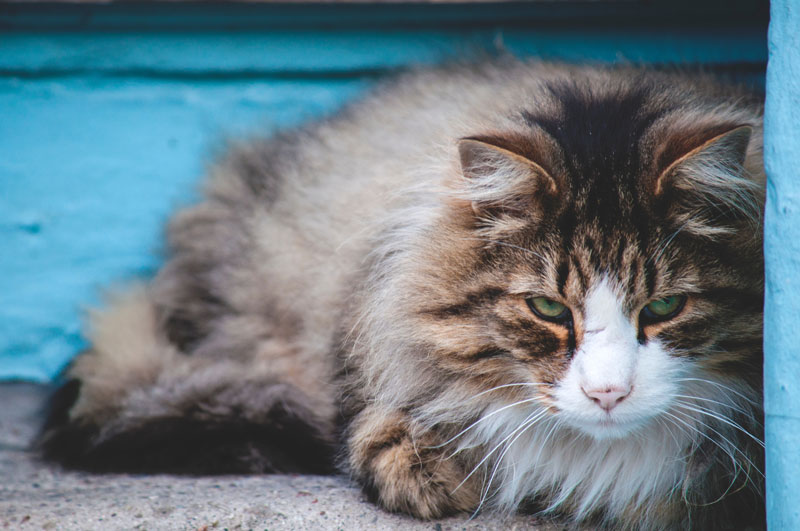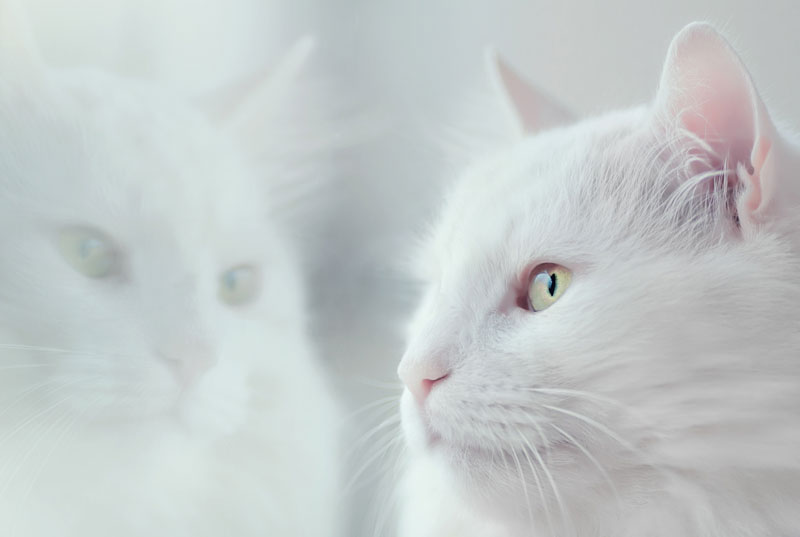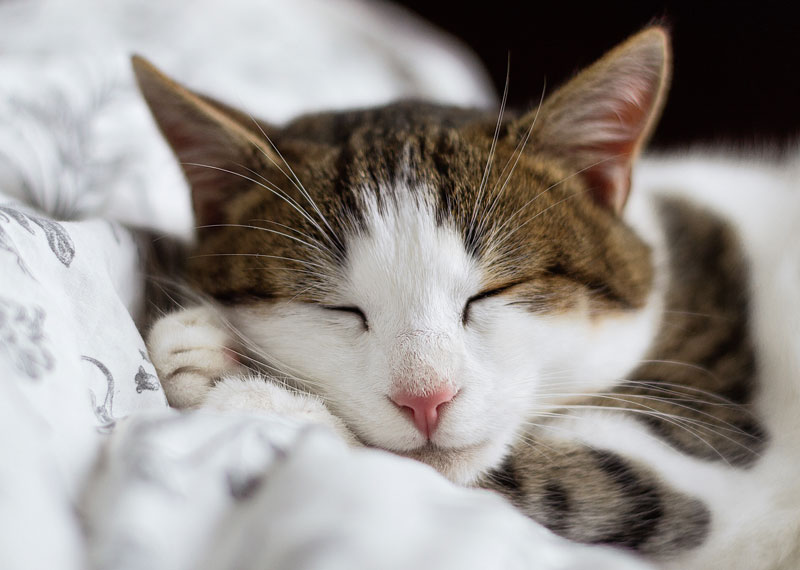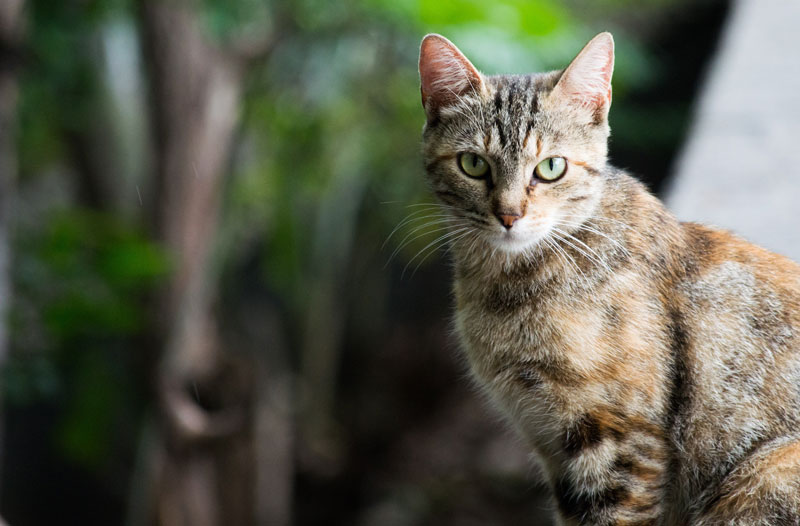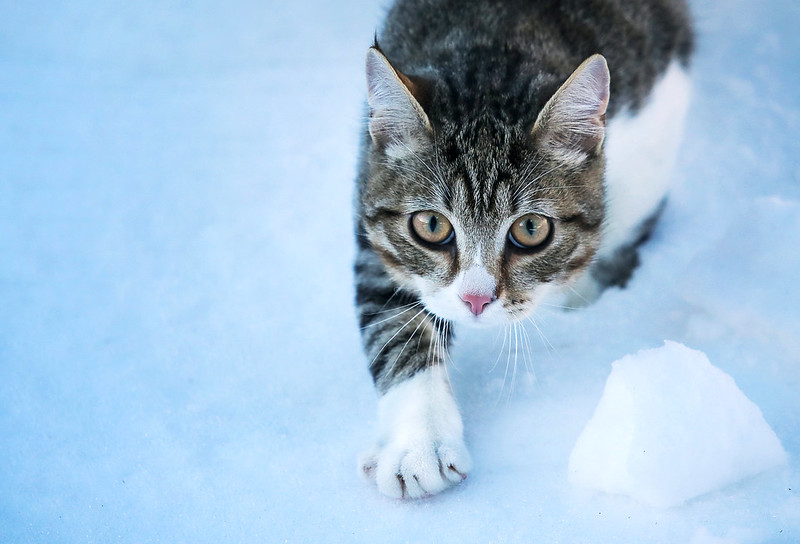
Forgiveness and Self-Forgiveness
“Forgiveness means giving up all hope of a better past.” — credited to Lily Tomlin
One of the things that makes grieving a pet so difficult is the guilt. Should we have done something sooner? Did we wait too long? Could we have done anything more? What if we’d had more money, more time, better specialists?
I’ve heard it said that, when it comes to the end of our animal companions’ lives, we make the decision that gives us the least cause for regret. No regret usually isn’t an option.
Feeling guilt doesn’t change anything; it just makes us feel even worse. It’s the mind’s way of trying to be helpful by distracting us from emotions we really don’t want to feel—the rawness of grief and the pain of loss.
If your mind weren’t preoccupied with guilt, what would you have to feel? And how would you feel if you could know, with absolute certainty, that you did everything right?
Allow self-forgiveness. See what happens.
Photo credit: svklimkin on Visualhunt.com / CC BY-SA
